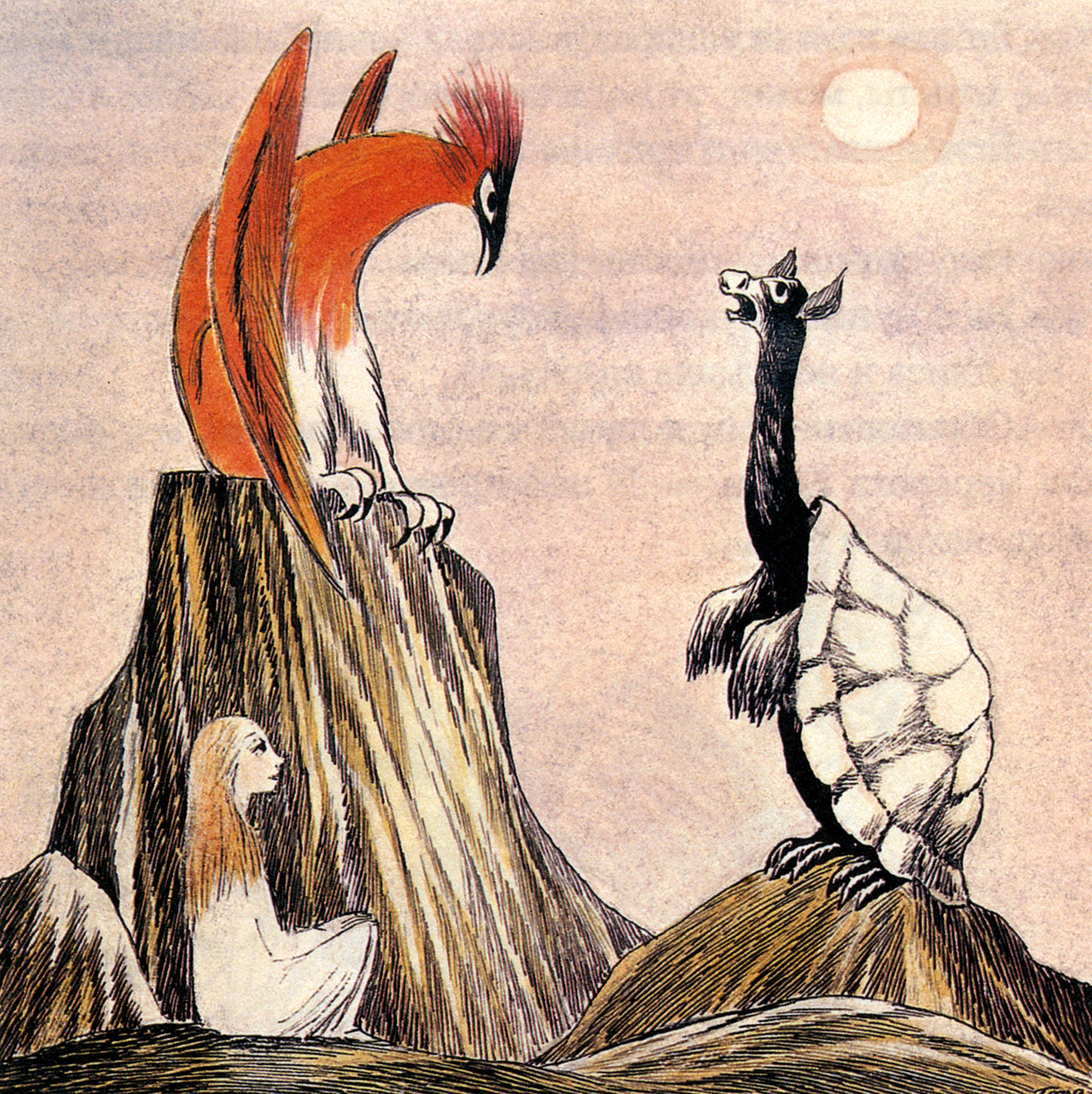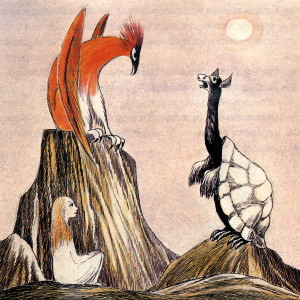There is a very strange thing that happens whenever a popular idea runs wild through the publishing industry. And for all it’s slowness of pace, the publishing industry does experience these heady rushes and crazes from time-to-time. By this, I don’t mean a hyped up genre, author or title. Instead I’m thinking of the sort of book-as-something-more-than-a-book craze. Think back on the rush of magic eye books in the late nineties, or sudoku books, or the current mass of colouring books for adults… a novel and (usually) interactive idea comes along, there is a rush and fury of enthusiasm, and in time, eventually the novelty fades and the idea drifts away. Though in the meantime some odd reactions seep out of the woodwork.
Category Archives: Essays
Visible details of the scene
When I reached the supermarket, an electrical pole stood burning near the parking lot. Firemen shot water at it while one of them gabbed with a policeman. I asked a security guard, whom I found watching, what had happened and he just reported the visible details of the scene.
“That electrical pole has caught fire,” he said, “Firemen have started spraying water on to it. A policeman stands next to them.” Continue reading
Wheelie bins
In my area, the city council empties the rubbish bins once a week. We wheel them out to the road; the City of Monash empties them; we wheel them back to our houses and spend the rest of the week filling them up with hotdog packets. Then we repeat the cycle.
My neighbors paint their apartment numbers on their bins. That way they can make sure that each week they wheel out the same bin that they wheeled out the previous week. They have a history with their rubbish bin. Continue reading
Found Stories: Ruins
Ruins, by Cardboard Computer is a free, slightly older example of the Found Story, and if you’d like to experience what this mode of storytelling is like you can download it and toy around. Possibly, you should do so before even reading this piece. Although I will try to avoid spoilers, I may end up revealing some elements of the tale, and a big part of the joy of Found Stories, is discovering the story, piece by gradual piece.
Domain Tunnel
When the Domain Tunnel opened in 2000, the state government set a temporary sixty kilometre an hour speed limit. Their caution seems prudent. Who knows how much the construction firm might’ve abridged basic safety to cut costs. But the explanation they proffered insulted all of us. They explained that Victorian motorists needed time to get used to driving through a tunnel. As if they thought that, finding no sky above our heads, we might flip out and slam on the brakes in traffic.
For weeks, they had run an advertising campaign instructing us just to drive like normal in the tunnel. Don’t get out of your car or try to turn around. Continue reading
Alternative history: Strangelove, 1962
1945: During post-war efforts to bring scientists who worked for the Third Reich into the United States, the US War Department obeys President Truman’s order to exclude scientists who supported Nazism, rather than rewriting candidates’ files to conceal the evidence. The United States and the Soviet Union divide the German scientists with more equality. In particular, the Soviet Union acquires Arthur Rudolf, former operations director of the Mittelwerk factory at the Mittelbau-Dora concentration camps.
January, 1946: Rather than anticipating a post-war crisis of overproduction in the USA, Soviet economists predict that the United States will try to avoid the crisis by maintaining its wartime military industry and trying to open the new Europe and Asia to free trade. Based on their advice, Stalin now views the United States as the chief threat to the Soviet Union, instead of the reemergence of Germany or Japan. Continue reading
Ethnographic exercise
 The Brotherhood of Trustees owes its present influence to an archaic custom barring the aristocracy from direct involvement in commerce. The custom holds that commerce can never furnish the form of unassailable security it sees as the precondition for noble disinterestedness. Moreover, by their nature, commercial transactions would often compel the nobleman to deal with commoners as equals. The noble must regard such concourse as demeaning, both to himself in person and to the institution of nobility as a whole[1]. Continue reading
The Brotherhood of Trustees owes its present influence to an archaic custom barring the aristocracy from direct involvement in commerce. The custom holds that commerce can never furnish the form of unassailable security it sees as the precondition for noble disinterestedness. Moreover, by their nature, commercial transactions would often compel the nobleman to deal with commoners as equals. The noble must regard such concourse as demeaning, both to himself in person and to the institution of nobility as a whole[1]. Continue reading
Angel [pt.2]
This displays the angel from the last post. In place of three fifths it uses a number that increases from one frame of the movie to the next:
Memento Mori
In Victorian times there was a fashion for keeping Memento Mori about the place, maybe on your desk, glaring gloomily at you… maybe on the mantle above the fireplace. The Memento Mori was intended to be, as the name suggests, a reminder of the finitude of human life. It was supposed to say to you, remember that one day you too shall die.
Angel [pt.1]
This selcouth angel dwells in the Weierstrass function. Each dot’s colour occupies a position between zero and nine along a continuum of shades. The distance between each dot and an origin point near the centre of the painting depends on two characteristics: one, the position of the dot’s colour in the continuum; two, the angle of the dot within the painting in a system of polar coordinates centred on that origin. For each dot, the distance equals the infinite sum of three fifths to the power of the index of summation times the cosine of: the dot’s angle times pi times: the position of the dot’s colour in the continuum to the power of the index of summation. Continue reading
We’re All Mad Here
 ALICE'S ADVENTURES IN WONDERLAND
ALICE'S ADVENTURES IN WONDERLAND
1865
 There is something that happens to one’s very soul somewhere between childhood and adulthood and it is this: in some people it dies and in some people it lives. I don’t mean soul in any religious sense but that thing inside you that makes you human. Your mind, consciousness, heart, whatever you want to call it. And it doesn’t really die, it just withers into a small black stone that either sits quiet-like with the potential for reawakening or just slowly rots spreading the chancre throughout your entire body. The longer you let it sit there marinating in fixed ideas and cold resentments and failed FTTN policies, the harder it is to recover any joy in the simplest of things, like rain on a roof after a long drought or kitten batting about a bottle top. And yes, this sounds like a very middle-class view of things but do try your best not to create well-intentioned but patronising two dimensional caricatures of human beings. Instead, go out and look at some sky-kittens* or if you can’t find any recite a poem whilst balancing a shoe on your nose.
There is something that happens to one’s very soul somewhere between childhood and adulthood and it is this: in some people it dies and in some people it lives. I don’t mean soul in any religious sense but that thing inside you that makes you human. Your mind, consciousness, heart, whatever you want to call it. And it doesn’t really die, it just withers into a small black stone that either sits quiet-like with the potential for reawakening or just slowly rots spreading the chancre throughout your entire body. The longer you let it sit there marinating in fixed ideas and cold resentments and failed FTTN policies, the harder it is to recover any joy in the simplest of things, like rain on a roof after a long drought or kitten batting about a bottle top. And yes, this sounds like a very middle-class view of things but do try your best not to create well-intentioned but patronising two dimensional caricatures of human beings. Instead, go out and look at some sky-kittens* or if you can’t find any recite a poem whilst balancing a shoe on your nose.
Broken toe
Nature breaks even on the feet. The real money comes from the replacement toes.
Who hasn’t sauntered barefoot past a chair and bent his or her little toe sideways against its leg? Dividing my age by the number of breaks, I discover that I’ve broken one toe, on average, every eight years of my life. By the time I get to forty, it’ll have proved cheaper to replace the whole foot.





